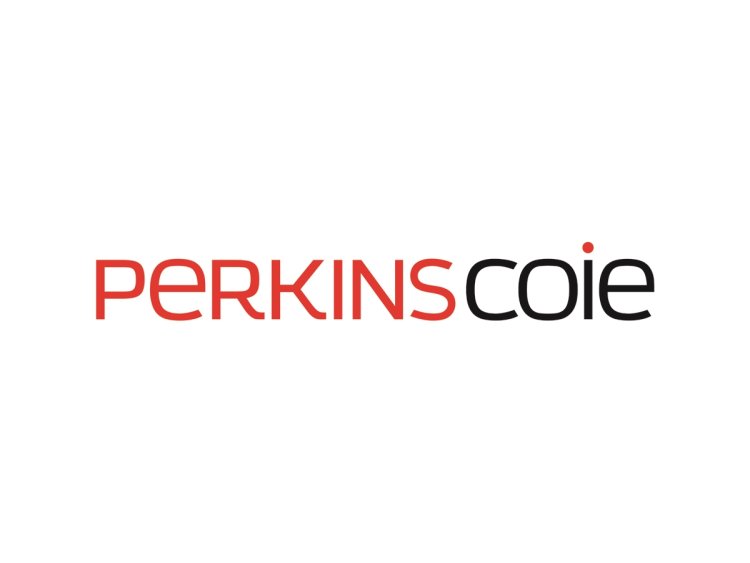Perkins Coie: The Everlasting Appeal of ESG in the Apparel Industry

Navigating ESG Risks in the Apparel Industry: Regulatory Scrutiny and Litigation on the Rise
The apparel, fashion, and luxury goods industries have experienced a growing emphasis on environmental, social, and governance (ESG) initiatives in recent years. This shift has prompted regulators, investors, and consumers to closely examine the alignment between public commitments and actual company practices. As ESG disclosures face heightened scrutiny, it is crucial for industry leaders to proactively address regulatory enforcement and potential litigation risks. This update offers valuable guidance on mitigating emerging ESG challenges.
ESG commitments typically encompass three key aspects:
1. Environmental concerns: Focusing on sustainability efforts and responsible management of natural resources.
2. Social concerns: Addressing labor practices, employee management, and supply chain ethics.
3. Governance concerns: Ensuring that company leadership's actions align with stated goals, encompassing diversity and inclusion principles, and anti-corruption measures.
Regulators have honed in on the reporting and substantiation of ESG representations. For instance, the U.S. Securities and Exchange Commission (SEC) established a Climate and ESG Task Force to identify potential misconduct related to ESG disclosures. Additionally, the SEC has proposed new rules to standardize climate-related reporting, with the American Apparel & Footwear Association (AAFA) providing input on practical considerations and requesting extended time for the final rulemaking process.
The Federal Trade Commission (FTC) has also shown interest in revising the Green Guides, which offer guidelines for marketers regarding environmental claims. Recently, the FTC held a public forum to address the term "recyclable" in product labeling and marketing.
Deceptive environmental claims have drawn significant attention from the FTC. One notable example is the misrepresentation of rayon textile products marketed as "bamboo" and produced through supposedly "ecofriendly processes." In reality, converting bamboo into rayon involves the use of toxic chemicals and generates hazardous pollutants. The FTC previously issued warning letters to 78 retailers regarding this practice and has recently imposed civil penalties totaling $5.5 million for such deceptive claims.
ESG-related litigation risks are also on the rise. Over 100 putative ESG class action lawsuits have been filed in state and federal courts across the United States since 2019. These cases challenge representations like "sustainably sourced" and "recyclable."
In a recent case, H&M successfully defended against allegations challenging its "Conscious Choice" line of products. The U.S. District Court for the Eastern District of Missouri dismissed the claims, ruling that the company had not explicitly made "sustainable" or "environmentally friendly" claims in its representations.
Conversely, Canada Goose US, Inc. faced a putative class action regarding its product sourcing statements. The U.S. District Court for the Southern District of New York denied the company's motion to dismiss, stating that the plaintiff had plausibly alleged that the phrase "ethical, responsible, and sustainable sourcing" could mislead a reasonable consumer.
Allbirds, in another instance, successfully defended against a putative class action lawsuit challenging environmental impact and animal welfare claims in advertisements for their wool shoes. The Southern District of New York dismissed the lawsuit, concluding that the plaintiff's allegations, primarily criticizing the wool industry as a whole, did not sufficiently prove that Allbirds' descriptions of their own practices were materially misleading.
Furthermore, a recent ruling by the Superior Court of the District of Columbia stated that purely aspirational statements cannot serve as the basis for consumer protection claims unless they are proven to be inaccurate or misleading. The court emphasized the distinction between "general goals" and "measurable standards" in a case currently under appeal. Nonetheless, diligent review of statements for accuracy and substantiation remains crucial to mitigate risks.
In summary, as the apparel industry grapp
les with ESG risks, it is essential to address regulatory scrutiny and potential litigation through proactive measures and accurate disclosures.

 chandni
chandni 


